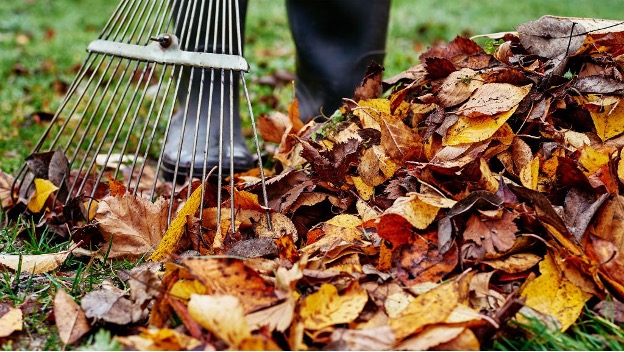
As we shift from summer to fall, now is a perfect time for homeowners to start preparing their properties for the colder months ahead. While tasks like cleaning gutters, insulating pipes, and raking leaves may be high on your list, there's one critical area that you shouldn't overlook — your septic system.
Proper septic maintenance allows your system to operate smoothly throughout the winter, preventing costly repairs and potential failures. Find out why fall is an ideal time for septic maintenance and get tips to keep your system functioning optimally through the colder months.
Common Winter Septic Issues
During winter, septic systems can face unique challenges due to colder temperatures and freezing conditions. Here are the most common septic problems homeowners may encounter during the winter months:
Frozen Pipes and Drainfield
When temperatures drop, the pipes leading to and from the septic tank or the drainfield can freeze. Frozen pipes can prevent wastewater from flowing properly, leading to backups in the home. It typically occurs when the system isn't buried deep enough or if there's a lack of insulation.
Reduced Bacterial Activity
Septic systems rely on bacteria to break down solid waste in the tank. In cold weather, bacterial activity slows down, reducing the system's efficiency and increasing the likelihood of clogs or buildups.
Excess Water Use
During the holiday season, with more people at home and higher water usage, septic systems can become overwhelmed. Increased water flow can stress the system and lead to backups, especially if it's already struggling with cold weather issues.
Septic Tank Lid or Cover Issues
Poorly insulated or damaged septic tank lids can allow cold air to reach the tank, increasing the chances of freezing. Insulating the septic lid or cover can help mitigate this risk.
Snow and Ice Blockages
Vent pipes or air intakes can get blocked by snow and ice, preventing the system from venting gases properly. Blockages can lead to unpleasant odors in the home, sewage backups, or other system malfunctions due to the pressure buildup.
5 Essential Maintenance Tips for Fall
To prevent these issues, regular maintenance and fall preparation, such as insulating pipes and tanks, can help keep septic systems functioning smoothly during colder months. Safeguard your septic system during the cold months by following these essential fall maintenance steps:
1. Schedule a Septic System Inspection
Having a professional inspect your septic system during the fall is a smart preventative measure. During the inspection, they can identify any potential issues — such as leaks, cracks, or blockages — that could worsen in winter. It's better to address these issues now than deal with an emergency during a snowstorm.
2. Pump Your Septic Tank, If Needed
If your septic tank hasn't been pumped in the last few years, fall is the perfect time to do it. A full tank can lead to backups when the system is under increased strain during the colder months. Pumping your tank now reduces the risk of overflows and ensures there's enough space for winter wastewater.
3. Check the Drainfield
The drainfield plays a critical role in wastewater treatment, making it essential that it's in good condition before winter. Keep the area around the drainfield clear of debris, fallen leaves, and excessive moisture. Heavy layers of organic material can cause water to pool, leading to soggy conditions that hinder proper drainage.
4. Conserve Water Usage
During fall, continue or implement water conservation habits that will benefit your septic system throughout the winter. Limiting the number of long showers and running full loads in the dishwasher and washing machine can help reduce stress on your system, preventing overloads.
5. Insulate Your System
Insulating your septic system is an effective way to prevent freezing during the winter. Place a layer of mulch, straw, or leaves over the septic tank and drainfield. This natural insulation helps maintain warmth in the soil and keeps your system from freezing when temperatures drop.
Fall Septic Maintenance Prevents Winter Problems
A little maintenance in the fall can go a long way toward protecting your septic system through the winter. By scheduling inspections, pumping the tank, and taking steps to insulate and conserve water, you'll reduce the likelihood of winter septic issues.
Schedule a free estimate today to start your fall septic maintenance and enjoy a problem-free winter season!